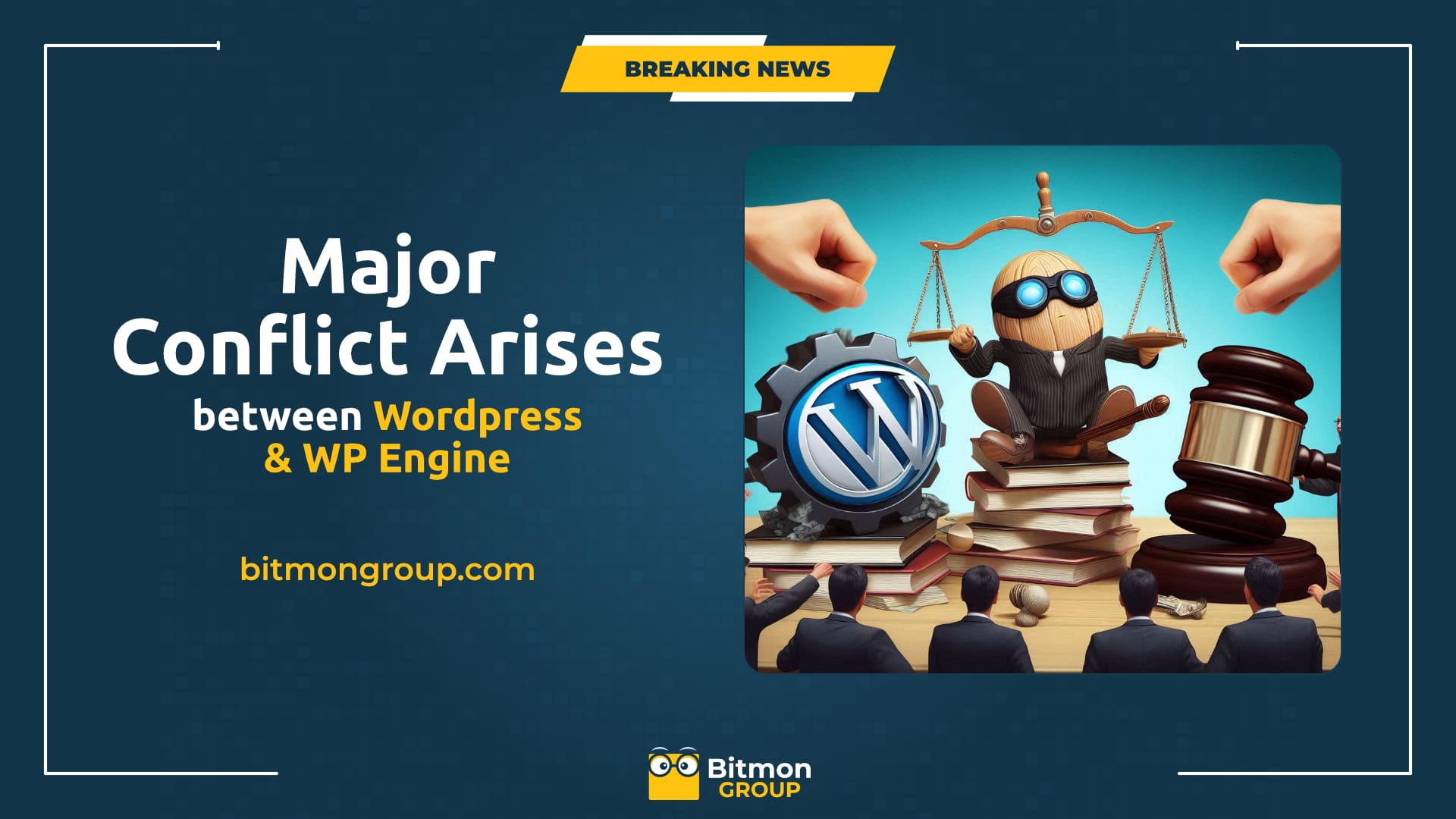Choosing the right web hosting for your business can be overwhelming, especially with so many options available. Each type of hosting offers different features and benefits, so it’s important to understand what each one entails to make an informed decision. In this blog post, we’ll explore the different types of web hosting and help you determine which one is right for your business.
1. Shared Hosting

What is it? Shared hosting is the most basic and affordable type of web hosting. In shared hosting, multiple websites are hosted on a single server, sharing its resources like CPU, RAM, and disk space.
Pros:
- Cost-Effective: It’s the cheapest hosting option, making it ideal for small businesses and startups.
- User-Friendly: Easy to set up and manage, with most providers offering user-friendly control panels.
Cons:
- Limited Resources: Sharing resources with other websites can lead to slower performance, especially during traffic spikes.
- Less Control: Limited customization options compared to other hosting types.
Best For:
- Small businesses, personal blogs, and websites with low to moderate traffic.
2. Virtual Private Server (VPS) Hosting

What is it? VPS hosting involves partitioning a single server into multiple virtual servers. Each virtual server operates independently, with its own dedicated resources.
Pros:
- More Resources: Offers better performance and more resources than shared hosting.
- Increased Control: Greater customization and control over server settings.
- Scalability: Easy to upgrade resources as your business grows.
Cons:
- Higher Cost: More expensive than shared hosting but still affordable.
- Technical Knowledge Needed: Requires some technical expertise to manage and configure.
Best For:
- Growing businesses, e-commerce websites, and websites with higher traffic.
3. Dedicated Hosting

What is it? Dedicated hosting provides an entire server exclusively for your website. This means you have full control over all its resources and configurations.
Pros:
- Maximum Performance: No sharing of resources, resulting in optimal performance and reliability.
- Full Control: Complete control over server settings and configurations.
- High Security: Enhanced security features, as you’re not sharing the server with other websites.
Cons:
- High Cost: The most expensive type of hosting.
- Technical Expertise Required: Requires advanced technical knowledge to manage and maintain the server.
Best For:
- Large businesses, high-traffic websites, and websites requiring enhanced security.
4. Cloud Hosting

What is it? Cloud hosting uses a network of virtual servers to host your website. This network of servers works together to provide high availability and scalability.
Pros:
- Scalability: Easily scale resources up or down based on your website’s needs.
- Reliability: High uptime and availability, as your website is hosted on multiple servers.
- Cost-Effective: Pay for only the resources you use.
Cons:
- Complexity: Can be more complex to set up and manage compared to other hosting types.
- Variable Costs: Costs can vary based on resource usage, making it harder to predict monthly expenses.
Best For:
- Websites with variable traffic, growing businesses, and those needing high availability.
5. Managed Hosting

What is it? Managed hosting is a service where the hosting provider takes care of server management tasks, such as updates, security, and backups, allowing you to focus on your business.
Pros:
- Convenience: Provider handles technical tasks, freeing up your time.
- Expert Support: Access to professional support and maintenance.
- Enhanced Security: Regular updates and security measures are managed by the provider.
Cons:
- Higher Cost: More expensive than unmanaged hosting options.
- Less Control: Limited control over certain server configurations.
Best For:
- Businesses that prefer a hands-off approach to server management and those with limited technical expertise.
Choosing the right web hosting for your business depends on your specific needs, budget, and technical expertise. Here’s a quick recap to help you decide:
- Shared Hosting: Ideal for small businesses and personal websites with low traffic.
- VPS Hosting: Great for growing businesses and websites with higher traffic.
- Dedicated Hosting: Best for large businesses and high-traffic websites needing maximum performance and security.
- Cloud Hosting: Suitable for websites with variable traffic and those needing high scalability and reliability.
- Managed Hosting: Perfect for businesses wanting professional management and maintenance of their hosting environment.
By understanding the different types of web hosting, you can make an informed decision that best supports your business goals and ensures your website runs smoothly.







